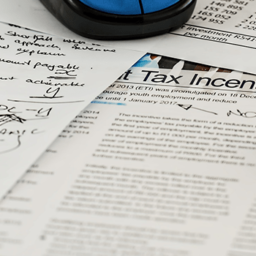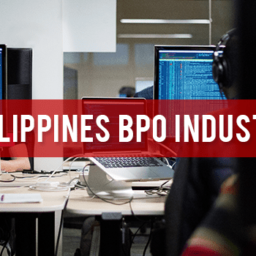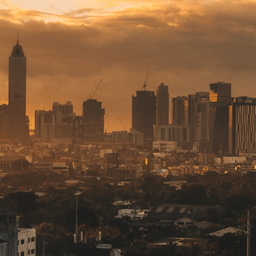In his first state of the nation address (SONA) on July 26, 2010, newly elected president Benigno Aquino III vowed to boost foreign investments in the country, fight corruption within the government sector and create job opportunities for the local workforce. Aquino promised to “boost collection and fight corruption in the tax and customs bureaus” and to provide for the education, housing, and health care needs of working class Filipinos.
He vowed to improve PhilHealth coverage for government and private employees, as well as to “build more classrooms” and “fund service contracts under the Government Assistance to Students and Teachers in Private Education Program (GASTPE).” Aquino also proposed conditional cash transfers to assist parents in educating their children, and promised to improve the Philippine educational system by expanding the basic education cycle from seven years to the global standard of twelve years.
To accomplish this, he proposed the establishment of public-private partnerships between the government and the business sector. He acknowledged the need to attract foreign investors to the country, and promised to implement stable economic policies that would not only “level the playing field” for potential investors, but also make the Philippines a more attractive investment destination in Southeast Asia. This would, in turn, reduce unemployment and create job opportunities for the local workforce.
According to statistics from the Association of Southeast Asian Nations, the Philippines registered only $1.5 billion in direct foreign investments in the year 2008, compared to Thailand’s $9.8 billion and Indonesia’s $7.9 billion. Economic growth in the Philippines averaged 3.7% in the last twenty years, as opposed to 4.7% in Thailand and 6% for Malaysia. During his speech, Aquino vowed to consider “each and every item of the budget” and promised to improve direct foreign investments in the country. Budget secretary Florencio Abad also proposed the implementation of government austerity measures, and promised “dramatic” improvements in both the education and health sectors.
In his speech, Aquino promised to improve business registration procedures in the Philippines, to encourage foreign and local investors to set up operations in the country. Under the leadership of Department of Trade and Industry (DTI) secretary Gregory Domingo, the 4-8 hour process of registering a business name would now be cut down to just 15 minutes. The 36 documents required for the procedure would be cut down to 6, and the 8 page application form would be shortened to just one page. This would make it easier for foreign and local investors to set up business operations in the Philippines.
According to BPO Consultant Gregory Kittelson of Manila consulting firm Kittelson & Carpo Consulting, “Many foreign investors are hopeful that Aquino will provide an enabling and transparent business environment that will encourage growth and promote fair competition among foreign and local companies. The keyword here is confidence. Once investors are confident that Aquino will come through with his promises and put the right processes in place, we can expect a surge in long term investments.”
Kittelson added, “The general mindset of foreign investors was to wait and see if all went well during and after the recent elections. Once Aquino was sworn in and the country appeared to demonstrate continuous stability, foreign investors regained confidence and carried out their investment plans for the Philippines.”
Let’s hope that PNoy (as President Aquino is affectionately known to the masses) is true to his word.





